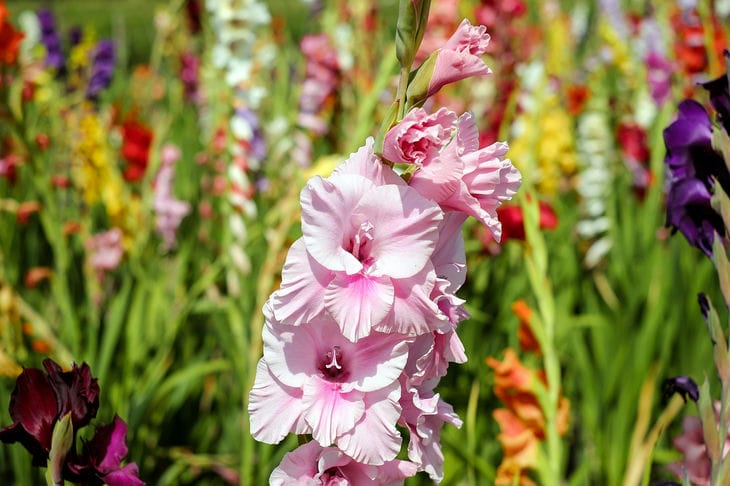You should not feed the following plants with ash, so as not to lose the harvest
When it comes to feeding plants, many gardeners turn to ash as a natural source of nutrients.
After all, ash contains many useful elements, such as potassium, phosphorus and calcium.
However, not all plants can safely tolerate the addition of ash to the soil, says Anastasia Kovrizhnykh .
In this article, we will look at plants that should not be fed with ash in order to avoid crop loss and deterioration of their general condition.
Plants with acidic growing environment
Sometimes plants grow better in acidic soil than in alkaline soil, so ash has a negative effect on them.

Such plants include azaleas, rhododendrons and hydrangeas.
By feeding them with ash, you can disrupt the natural pH levels of the soil, which can lead to poor nutrient absorption and poor plant growth.
It is better to use specialized fertilizers for plants with an acidic growing environment.
Plants sensitive to excess minerals
Some plants do not tolerate excess of certain minerals contained in ash.
For example, bulbous plants such as daylilies and gladioli can suffer from nitrogen overload, which may be present in excess in the ash.
This can cause changes in plant development and result in poor flower and crop quality.
For such plants, it is recommended to use fertilizers containing a balanced complex of nutrients without excess.
Plants with delicate roots
Plants with delicate roots, such as orchids or gloxinias, may have their roots damaged by direct contact with ash.
Ash can cause burns on the roots and disrupt the normal supply of oxygen and water to the plant.
To avoid such problems, it is better to choose specialized fertilizers designed specifically for these plants, which will ensure the careful and safe provision of the necessary nutrients.
Conclusion
Ash is a good source of nutrition for plants, but in some cases its use can be harmful: acidic plants, plants sensitive to minerals and plants with vulnerable roots may be at risk of yield loss or problems when adding ash.
It is recommended to choose specialized fertilizers for specific plant species to ensure healthy and vigorous growth.
Earlier we listed 4 probable reasons why tomatoes did not sprout.
